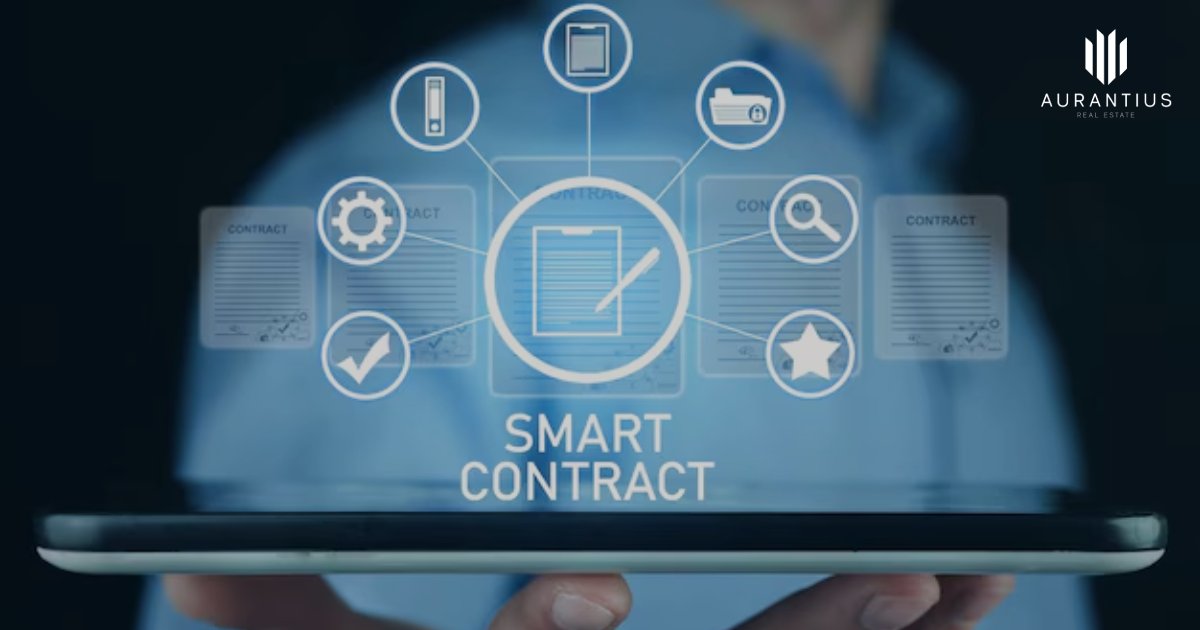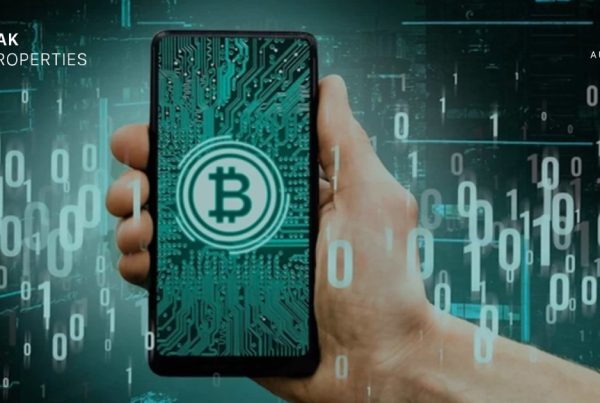Complete Guide to Smart Contracts in Dubai Real Estate
The Dubai real estate market has always been a global hotspot for investors, offering attractive opportunities across communities like Dubai Marina, Business Bay, and Palm Jumeirah. However, one of the biggest challenges in property transactions has been lengthy paperwork, multiple intermediaries, and costly delays. This is where smart contracts, powered by blockchain technology, are transforming the landscape. They are reshaping how properties are bought, sold, and managed, bringing unmatched levels of transparency, efficiency, and security.
What Are Smart Contracts?
Smart contracts are self-executing agreements with the terms directly embedded into computer code. They run on blockchain platforms, making transactions tamper-proof, irreversible, and transparent. Once pre-set conditions are met, the contract automatically executes without the need for lawyers, brokers, or banks. In Dubai’s fast-paced real estate sector, this technology is proving to be a game-changer.
How Do Smart Contracts Work in Dubai Real Estate?
In traditional property transactions, several parties coordinate processes such as title verification, payments, and ownership transfer. Smart contracts streamline this by automatically triggering actions once conditions are met. For example, when a buyer deposits funds into escrow, the contract confirms payment and instantly transfers ownership rights. This automation reduces human error, fraud, and delays.
Advantages of Smart Contracts in Real Estate
- Transparency & Trust: Every transaction recorded on the blockchain is accessible to authorized parties, ensuring full transparency.
- Speed & Efficiency: Processes that traditionally take weeks can now be completed within hours or days.
- Cost Reduction: By minimizing reliance on intermediaries, costs such as legal fees and broker commissions are reduced.
- Enhanced Security: Blockchain’s decentralized structure provides robust protection against fraud and hacking.
Key Use Cases
Dubai developers such as Emaar, Damac, and Sobha Group are already exploring how blockchain can streamline property dealings. Some core applications include:
- Property Sales: Automating property purchases with instant fund verification and ownership transfer.
- Rental Agreements: Automating lease terms, rent collection, and security deposits to reduce disputes.
- Real Estate Tokenization: Dividing property into digital shares, allowing multiple investors to own fractional assets.
- Escrow Services: Funds are securely held until all conditions are met, ensuring fairness for both parties.
Challenges to Adoption
While the potential is vast, smart contracts face hurdles such as legal recognition, technical barriers, and regulatory compliance. In Dubai, authorities are making progress in aligning blockchain with real estate regulations, but mass adoption will require continuous policy evolution and industry education.
The Future of Smart Contracts in Dubai Real Estate
The outlook is promising. With the growing popularity of blockchain solutions, tokenized assets, and decentralized finance, smart contracts are set to become a standard in Dubai property transactions. As digital adoption accelerates, buying a home in Al Furjan or investing in off-plan projects in Arjan could be as seamless as sending a digital payment.
Benefits for Stakeholders
- Buyers: Faster, transparent, and cost-effective transactions.
- Sellers: Quicker access to funds and reduced fraud risks.
- Agents: More time to focus on value-added services like consulting and portfolio management.
- Governments: Reduced fraud, lower administrative costs, and improved public trust.
Global Examples of Smart Contracts
Several platforms highlight the practicality of smart contracts:
- Propy: Completed the first blockchain-based property deal in 2017.
- RealT: Enables fractional ownership through tokenized property shares.
- Ubitquity: Provides blockchain-secured title and record-keeping solutions.
Conclusion
Smart contracts are revolutionizing the real estate sector in Dubai by simplifying transactions, reducing costs, and increasing security. While challenges remain, their adoption is inevitable as the city continues to position itself as a global hub for real estate innovation. Whether investing with top developers like Damac or exploring prime communities such as Dubai Marina, the integration of blockchain is setting new benchmarks for trust and efficiency in property transactions.










